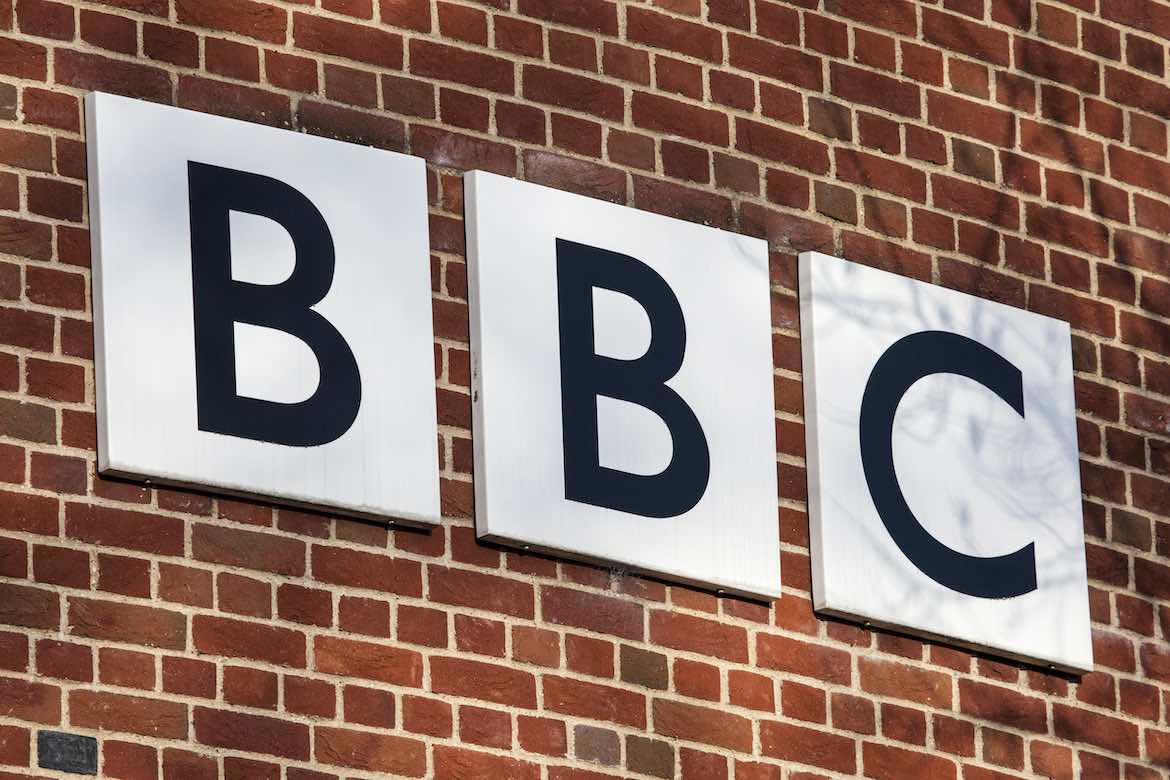Filmmakers join Kerger at press tour to discuss pandemic’s effect on forthcoming PBS series
Two of PBS’ top filmmakers appeared with Paula Kerger in a virtual press conference Tuesday to reassure TV editors and critics that PBS and its producers have found ways to weather the COVID-19 pandemic, both financially and creatively.
The PBS president, documentarian Ken Burns and historian/filmmaker Henry Louis Gates Jr. described some of the ways they are keeping TV productions on track despite the ebb and flow of program budgets and the use of socially distant techniques for filming and editing.
Kerger, who usually appears solo during executive sessions at TCA press tours, downplayed the impact of $6.4 million in cuts to PBS’ content and marketing budget for fiscal year 2021. “Our budget goes up and down depending on the work we have in production and our productions sort of travel over multiple years,” she said. “Last year, we had a very big production from our dear friend Mr. Burns in Country Music. So sometimes that pushes our budget a little bit.”
PBS unveiled one new primetime series for fall — an interview-centered program Tell Me More With Kelly Corrigan — and a half-hour special, PBS Kids Talk About Racism. Both will debut in October. PBS also highlighted The Black Church: This Is Our Story, This Is Our Song, a four-hour series from Gates that will debut in February. Early next year American Masters will present How It Feels to Be Free, a documentary on African American female entertainers.

Kerger told critics that the pandemic has boosted viewership for PBS. Viewer support remains the primary source of income for the member stations that fund PBS’ national program service. Yet PBS must take a more conservative approach in program spending to deliver the programs viewers expect, she said.
“We do worry about our stations,” she said, especially those licensed to universities and state governments that are under financial pressure from the COVID-19 pandemic. “We are paying a lot of attention to how those stations are doing.”
Kerger’s appearance at the Television Critics Association Summer Press Tour was unlike any in the past. Working with television networks, streaming services and others, TCA has produced press events in the Los Angeles area to preview and promote upcoming programs for more than a half-century. This summer tour is hosted virtually by Zoom. Questions from TV writers are limited, and there’s no opportunity for follow-ups during sessions or in impromptu interviews.
Burns and Gates joined the executive session to explain how they, too, have adapted to the new workflows and demands of producing TV during the pandemic.
Burns’ next project for PBS is a three-part, six-hour series on Ernest Hemingway that’s slated to premiere in 2021. Work in Burns’ editing room, once accomplished through close contact with 10 to 15 editors, now plays out in Zoom meetings, he said. “We are about to move into sound mix and then online, and probably COVID-19 will attenuate all of these processes,” Burns said.
The Hemingway documentary has been filmed, Burns said, as have upcoming programs on Muhammad Ali, Benjamin Franklin and an examination of the U.S. response to the Holocaust. However, more distant projects — including a documentary on the Revolutionary War — have barely begun production.

“We are doing things in writing and the collection of archives in those places that are still open, or just opening, and trying to get a little shooting done in places where American history takes place,” Burns said. “Our cameraman goes out without an assistant and spends a couple of days camping and filming. In the end it might slow things down.”
Burns ticked off several other projects in preproduction: a documentary on the comeback of the buffalo, a look at President Lyndon Johnson and his Great Society program, and a film about Leonardo da Vinci, which will be Burns’ first biography of a subject who was not American.
Gates discussed his two-part, four-hour documentary series on the Black church, which has completed filming and is scheduled to premiere next February. Participants include media creators Oprah Winfrey, John Legend and Jennifer Hudson; Michael Curry, presiding Bishop of the Episcopal Church; gospel music legends Yolanda Adams, Pastor Shirley Caesar and BeBe Winans; and civil rights leaders Rev. Al Sharpton and Rev. William Barber II.
“We were lucky that we had already filmed all the scenes for The Black Church,” Gates said. “I went to church every Sunday, sometimes twice on Sunday. This is not exactly the safest place to be at the time of a pandemic. But we finished filming, and it is in the can.”
Production of the next season of the Finding Your Roots series was not as far along when the pandemic forced a retreat, Gates said, though more than half of the 14 episodes had been shot.

The show’s format depends on scenes in which Gates sits across from his celebrity subject and reveals details of their ancestry. “It all depends on me sharing the stories that we discover on a person’s family tree by having them turn the pages of their Book of Life,” he said.
“How in the world am I going to do that?” he asked. “Am I going to wear a mask? And them? What about the crew?”
The solution was to use a remote camera and build a new table that is six feet long. “So I sit here and the guest is six feet away, and we made it work,” he said.
Segments with three guests have been shot in the last six weeks, he said, and filming should conclude in September.
In another announcement Tuesday, PBS Distribution unveiled the PBS Documentaries Prime Video Channel, which will launch August 4. The collection includes all of Ken Burns’ films, as well as documentaries from Nova, Frontline, American Masters, Nature, American Experience, Independent Lens, POV and other independent producers. The cost to subscribers to Amazon Prime or Prime Video is $3.99 per month.







